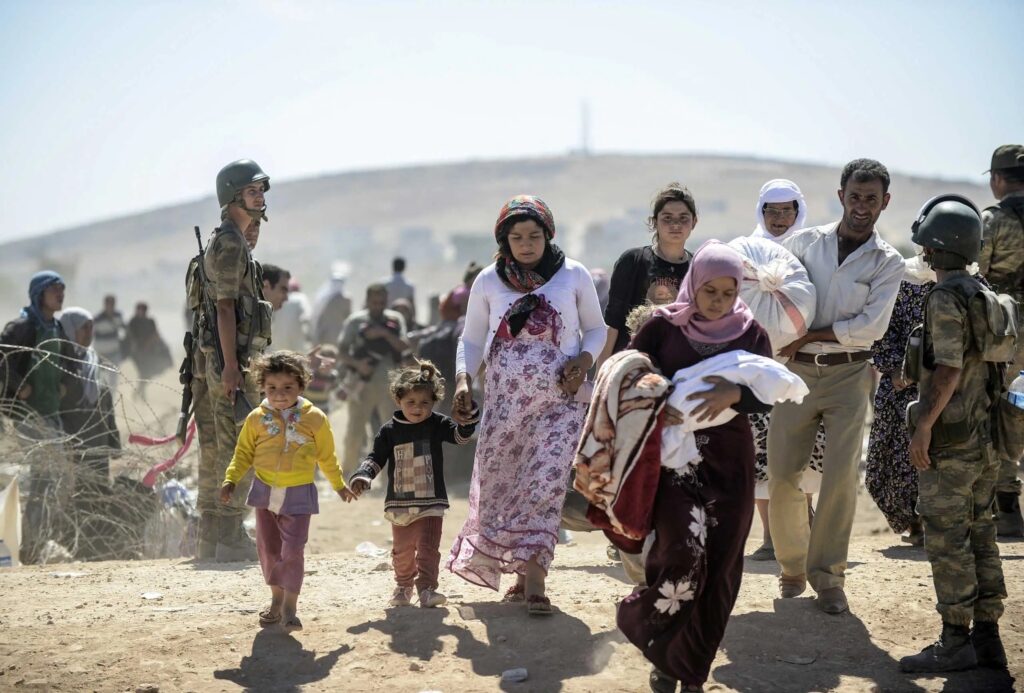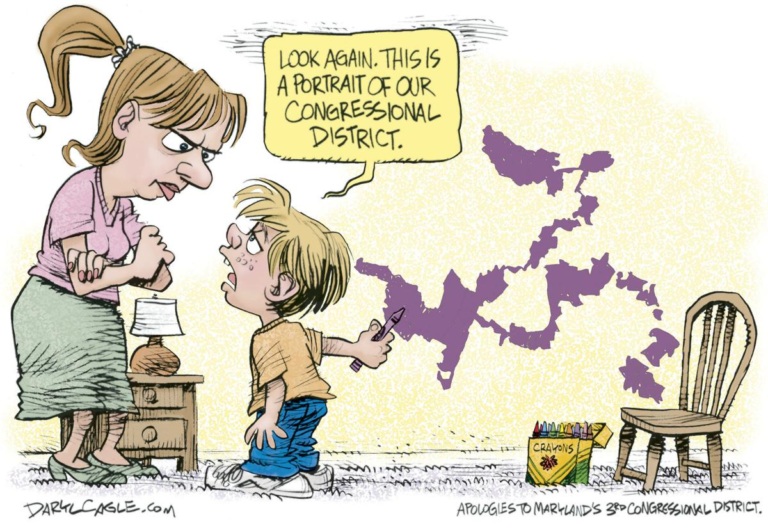
The 2006 Lebanon War, also referred to as the 2006 Israel-Hezbollah War, was a conflict between Israel and Hezbollah on Lebanese soil. As a consequence of the war, missile attacks and bombs caused extreme damage to Lebanon’s landscape. In 2006, when I was three years old, my family and I visited relatives in Lebanon. Suddenly, while at a water park, my mom got a phone call saying to get everyone back home. Then and there, the 2006 Israel-Hezbollah War started. Being too young to know what a bomb sounded like, my mom told me and my brother that the loud booming noises outside were just fireworks for a famous celebrity. I did not know it at the time, but we were in the middle of the beginning of what would be a tragic war. It is crazy how my family had to leave Lebanon in search of safety in Syria, the country currently facing the largest refugee crisis the world has seen due to the Syrian civil war that has been ongoing for 12 years now.
As a result of the internal conflict in Syria, millions of Syrians have been displaced from their homes. Constant warfare caused the majority of the Syrian population to fall into extreme poverty. The country has proven to be unlivable, forcing over 14 million Syrians to flee the country in search of safety. Countries geographically close to Syria, including Lebanon and Turkey, have taken in around 5.5 million refugees. Turkey’s president Erdoğan has exploited the refugee crisis to maintain his position of power by using the large number of refugees coming into Turkey to get votes (more on this later).
3.3 million Syrians fled to Turkey, where the largest population of refugees are held. Many individuals went to countries in the European Union, including Greece, to seek refuge in 2015. The influx of refugees in the EU caused polarization among the people — some accepted the refugees while others were anti-migrant. In response to this division, the EU made a deal with Turkey in 2016 known as the EU-Turkey deal.
The EU-Turkey deal, according to the International Rescue Committee, stated that in turn, “For every Syrian returned from the islands, EU Member States would accept one Syrian refugee who had waited inside Turkey,” the EU would give Turkey certain promises in return, like 6 billion euros to put toward the humanitarian efforts for Syrian refugees. This deal was intended to reduce the influx of people migrating to the EU, and it was successful in doing so. Another outcome of the deal was the growing number of Syrian refugees in Turkey, which impacted the country’s elections, creating polarization and negative sentiments among numerous Turkish citizens toward the migrants. Specifically, I believe that the refugee issue will directly impact voting in Turkey by President Erdoğan using the large number of migrants as voting leverage to stay in power for longer. To maintain his position, Erdoğan intentionally let refugees make their way to Greece in order to gain more money from the EU in return for taking the refugees in.
The increasing number of refugees in Turkey spurred tension between several Turkish citizens and Syrian refugees for many reasons, including the Turks fearing that Syrians will take up available jobs and be granted naturalization by President Erdoğan — Turkey being the only country offering this benefit — therefore, having voting rights in the Turkish presidential elections. President Erdoğan has been accused of voter fraud by the people since, to avoid deportation, the refugees would have to vote for him and his policies so that they can remain in Turkey, allowing him to preserve his power. Further efforts from President Erdoğan to get the vote from Syrians include giving the refugees property and higher education. Even if Syrians disagree with his political agenda, many have claimed it is still in their best interest to vote for Erdoğan anyway. If these benefits continue to be implemented by Turkey’s president for Syrian refugees, it is likely that his exploitation of their situation will allow him to get their vote and stay in power.



